Reserved seats: SC again witnesses dissent as majority ruling accepts review petitions
Pakistan’s Supreme Court witnessed a sharp division once again over the politically sensitive issue of reserved seats, as a 13-member larger bench accepted review petitions challenging its July 12, 2013 verdict, with two judges dissenting.
The larger bench, headed by Justice Aminuddin Khan, accepted the review petitions with a majority of 11 judges in favor. Notices have been issued to the concerned parties, and hearings on the matter are expected to begin soon. Only two judges—Justice Aqeel Ahmad Abbasi and Justice Shahid Bilal Hassan—opposed the acceptance of the petitions.
The bench included Justice Jamal Khan Mandokhail, * Justice Muhammad Ali Mazhar, Justice Ayesha A. Malik, Justice Hasan Azhar Rizvi, Justice Musarrat Hilali, Justice Naeem Akhtar Afghan, Justice Aqeel Ahmad Abbasi, Justice Shahid Bilal Hassan, Justice Muhammad Hashim Khan Kakar, Justice Salahuddin Panhwar, Justice Aamer Farooq, and Justice Baqar Najafi.
In a significant development, just prior to the hearing on the acceptance of the review petitions, Justice Mansoor Ali Shah issued a separate written judgment interpreting the scope of review jurisdiction under Article 188 of the Constitution. His judgment argued that review petitions cannot be used to re-argue constitutional interpretations already settled by the court, potentially casting doubt on the broader implications of the current bench’s move.
Though exchange between PMLN counsel and judges
PML-N’s counsel, Haris Azmat, took the rostrum and argued that reserved seats had been allocated to a party that was not even a respondent in the case.
In response, Justice Ayesha Malik remarked that this point had already been addressed in the earlier decision. The bench observed that both the Returning Officer’s order and the Election Commission’s ruling were on record at the time of the judgment.
Azmat maintained that PTI had a large legal team, yet they had failed to challenge the relevant orders. At this, Justice Jamal Khan Mandokhail questioned whether an entire nation should be penalized for a mistake made by one political party. He further asked whether the Supreme Court should ignore matters that came to its notice.
Justice Ayesha Malik reiterated that the court had thoroughly heard all arguments before delivering its ruling. Justice Aqeel Abbasi noted that the counsel was rearguing the case instead of identifying legitimate grounds for a review.
Justice Malik inquired whether the court’s earlier ruling had been implemented. Justice Abbasi pointed out that a contempt of court petition had been filed over its non-implementation. Advocate Salman Akram Raja informed the court that the contempt petition was listed for hearing that very day.
Justice Malik emphasized the thoroughness of the initial hearing and again questioned whether the Supreme Court’s order had been executed. Azmat replied that he was not certain, prompting Justice Malik to express frustration, saying it was unacceptable for a lawyer standing before the court to be unsure of such a basic fact.
Justice Mandokhail then asked whether the Election Commission was not obligated to implement the court’s decision, and raised concern over how a review could even be filed without first executing the original order.
Justice Aqeel Abbasi advised the lawyer to refrain from repeatedly naming one particular political party. He said the Supreme Court had issued a decision in accordance with the Constitution, and asked Azmat to specify exactly what aspect of that decision was flawed.
Abbasi added that the points being raised were elementary—things they had known since their student days—and questioned whether the counsel was now attempting to instruct the Supreme Court on constitutional matters. He urged him to focus his arguments on the scope of review under Article 188.
Abbasi further pressed the lawyer to first explain how he or his client was personally affected by the decision.
Meanwhile, the Election Commission’s lawyer informed the court that PTI had not approached the judiciary to seek relief. In response, Justice Mandokhail said the issue wasn’t about PTI, but rather about the individual representing his constituency. He questioned how a person could be prevented from joining a political party if that aligned with their constituency’s mandate.
The Election Commission’s lawyer acknowledged that the bench seemed to be asking for identification of a flaw in the earlier ruling and requested five minutes to clearly outline all relevant points.
Justice Hashim Kakar asked the Election Commission’s lawyer whether the decision had been implemented, and insisted on a yes-or-no answer. The lawyer admitted that implementation had occurred only with respect to one paragraph. Justice Abbasi then questioned whether it was the Commission’s prerogative to selectively implement parts of the judgment.
Visibly annoyed, Justice Mandokhail criticized the approach being taken, questioning whether such reasoning was pushing the Supreme Court into absurd territory. He drew an analogy, asking whether, if someone were sentenced to death, they could request the noose be placed around their neck without actual execution.
Justice Ayesha Malik mentioned that she had read the petition and had concerns about its maintainability. Justice Abbasi then asked the counsel whether he would still be able to present arguments if the contempt petition against him were withdrawn.
Legal and political implications
The original July 2013 ruling dealt with the allocation and legitimacy of reserved seats—a key element in Pakistan’s parliamentary makeup. The review petitions appear to challenge the interpretation and application of that ruling, a move that could have far-reaching implications for political representation and party dynamics in upcoming electoral processes.
For the latest news, follow us on Twitter @Aaj_Urdu. We are also on Facebook, Instagram and YouTube.








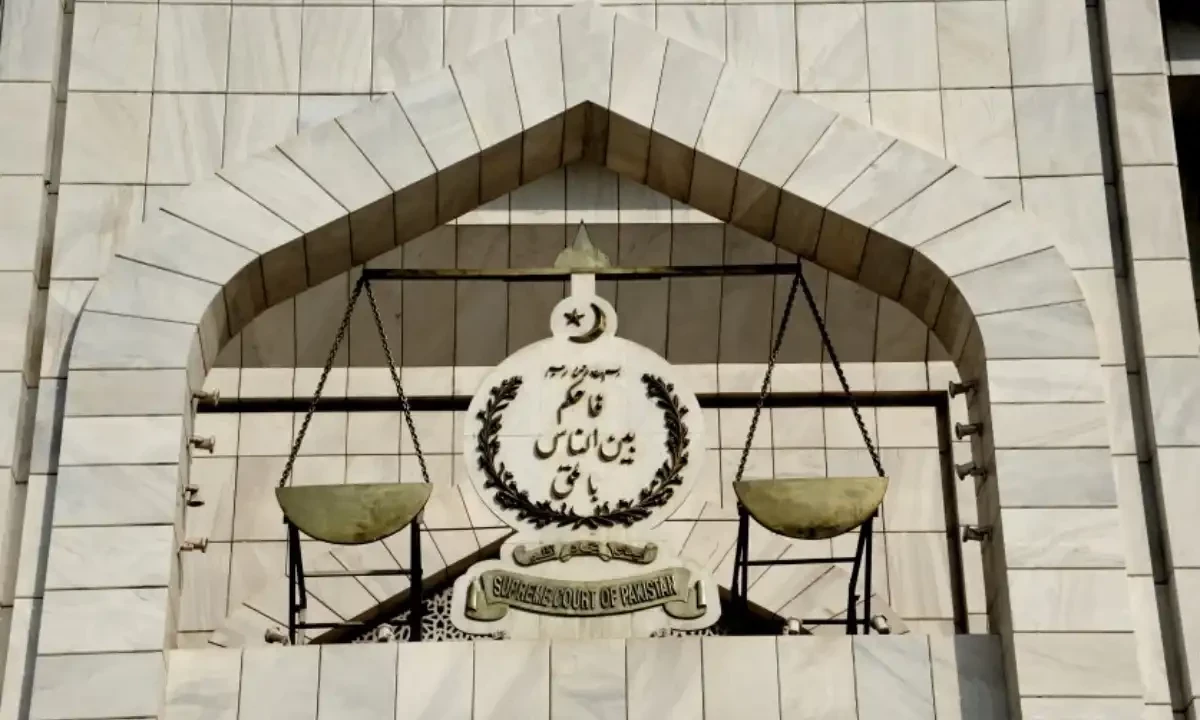






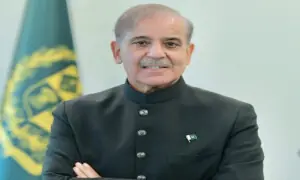

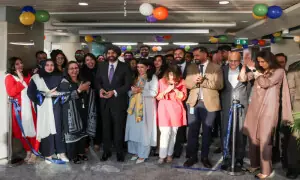



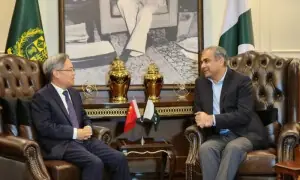
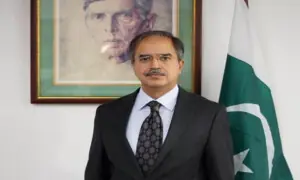
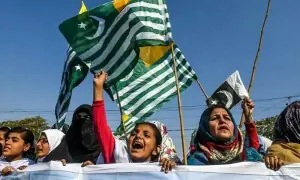
Comments are closed on this story.